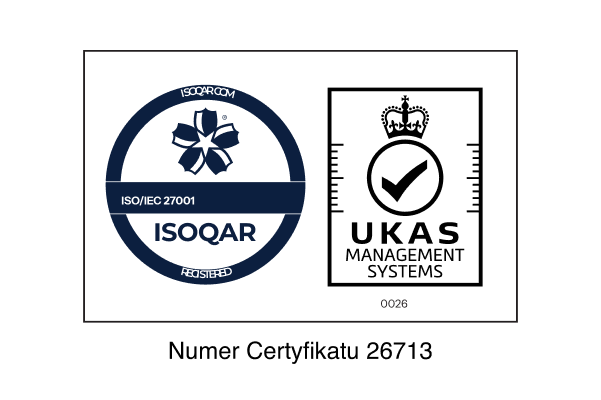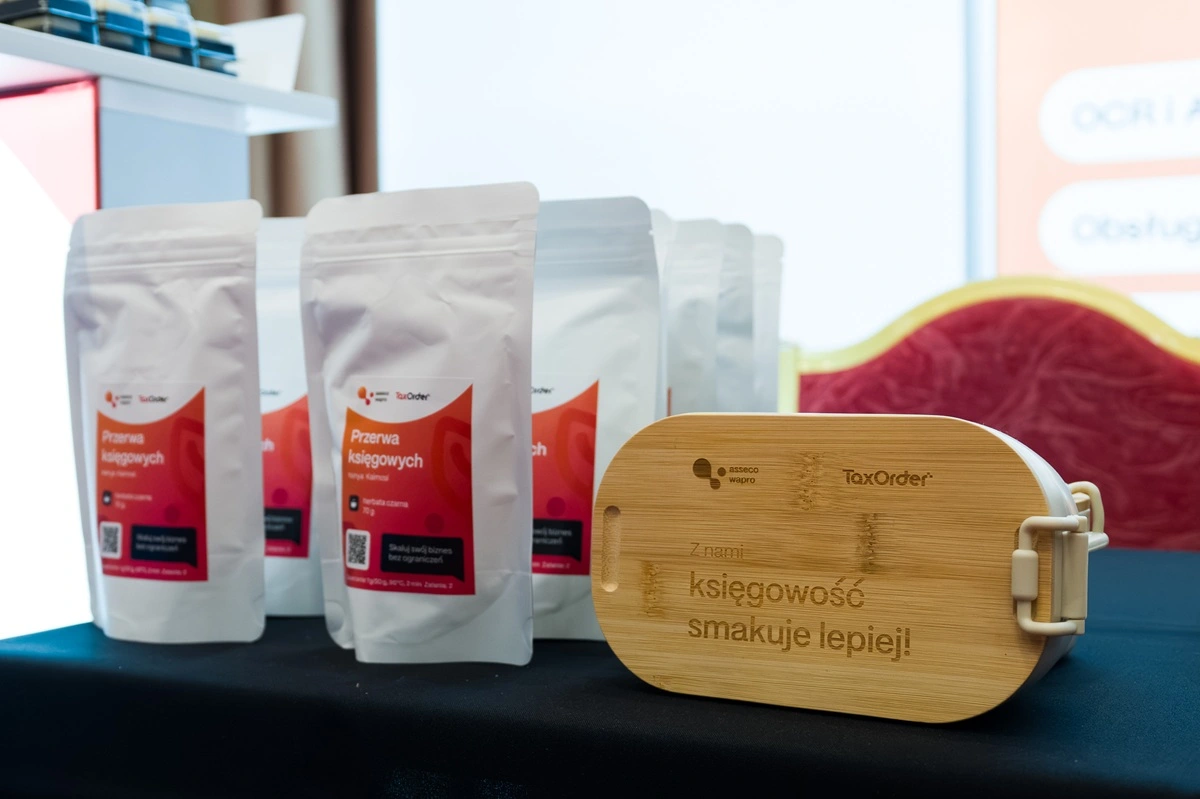Starting from February 2026, the first companies will be required to use the Krajowy System e-Faktur (KSeF). According to a study by Asseco, just over four months before this deadline, 72% of companies declare partial or full readiness to handle digital invoices. Only one in ten organizations has not yet taken any preparatory action. Implementing KSeF involves significant organizational and technological challenges, but businesses also recognize the benefits.
Companies focus on automation and ERP partners
More than 42% of enterprises claim they are already fully prepared to handle invoices in KSeF, while 30% are still in the implementation phase. Importantly, every second company has used the test environment provided by the Ministry of Finance. This is a clear sign that businesses are taking the upcoming changes seriously.
“Declarations of readiness are one thing, and everyday practice is another. The larger the company, the more complex the processes and the more exceptions to handle. That’s why tests play such an important role in the implementation of KSeF—they allow companies to verify the functioning of individual mechanisms in practice. It is worth emphasizing that Asseco Business Solutions has been using KSeF since 2023. This not only enabled us to prepare our own organization but also to test the systems we offer to clients,” says Dawid Baranowski, Deputy Director of the ERP Sales and Implementation Division at Asseco Business Solutions
According to the Asseco study “Gotowość polskich firm na KSeF”, as many as 69% of respondents rely on the support of ERP providers or integrators. At the same time, 39% admit that this support is only partial, and 18% are not yet aware of the full range of available options. This demonstrates the importance of technological partners and the growing need for education in this area.
Business chooses proven authorization methods
An important part of preparing an organization for KSeF is implementing authorization tools. The most frequently chosen solutions are well-known ones: qualified electronic signature (42%) and trusted profile (33%). Further down the list are qualified seal (9%) and authorization token (4%). Worryingly, as many as 12% of companies still do not have any authorization tools.
“Special attention should be given to the qualified seal, which—despite its relatively low share—is the most universal authorization tool in KSeF. A seal can be assigned to an entity rather than a specific individual, making it an ideal solution for companies wanting to automate processes by integrating their systems with the software they use, while also reducing dependency on individual users,” explains Paweł Wojtaszyk, Product Manager at Asseco Data Systems
The biggest barriers: people and systems
The most serious organizational challenge for surveyed companies is the lack of resources and experts in the area of KSeF. As many as 48% of enterprises indicated this as a significant barrier to preparing their organization for the new requirements. In second place is the need to increase awareness of digital processes. Ambiguous legislation regarding KSeF poses a serious organizational challenge for only one-third of respondents. Budget issues or employee resistance to digitalization turned out to be less significant.
From a technological perspective, the biggest difficulty is modifying accounting and financial processes in ERP systems—more than half of surveyed companies (53%) see this as a major challenge. Other key areas requiring attention include ensuring the security of digital data and handling exceptions and errors. Meanwhile, adapting data formats and invoice archiving are not perceived as barriers, which may suggest that most enterprises have already managed these aspects.
Benefits outweigh concerns
Companies participating in the Asseco study were aligned and rated the potential benefits of implementing KSeF highly. The most important benefit is cost reduction due to no longer needing to store invoices in paper form.
Respondents also listed advantages that support day-to-day efficiency: easier settlements with contractors and faster exchange of accounting documents. Almost equally important were transaction security and error reduction. Less obvious but still meaningful advantages identified by respondents include environmental protection and the security of digitally stored documentation. Polish businesses are moderately convinced that implementing KSeF will contribute to the digitalization of document workflows or reduce delays in invoice payments.
Although many companies are already well prepared for regulatory changes, several months of intensive work still lie ahead. The Ministry of Finance has announced the release of a new test environment, KSeF 2.0, which requires verification and ensuring compatibility with systems used to date. The results of the Asseco study indicate that companies are approaching KSeF pragmatically, recognizing both risks and opportunities. As Asseco experts point out, KSeF will be considered a success only when enterprises not only meet regulatory requirements but also improve everyday document-exchange processes.
The full report „Gotowość polskich firm na KSeF” presents the current state of business readiness in Poland and highlights the potential benefits of digital invoicing.


